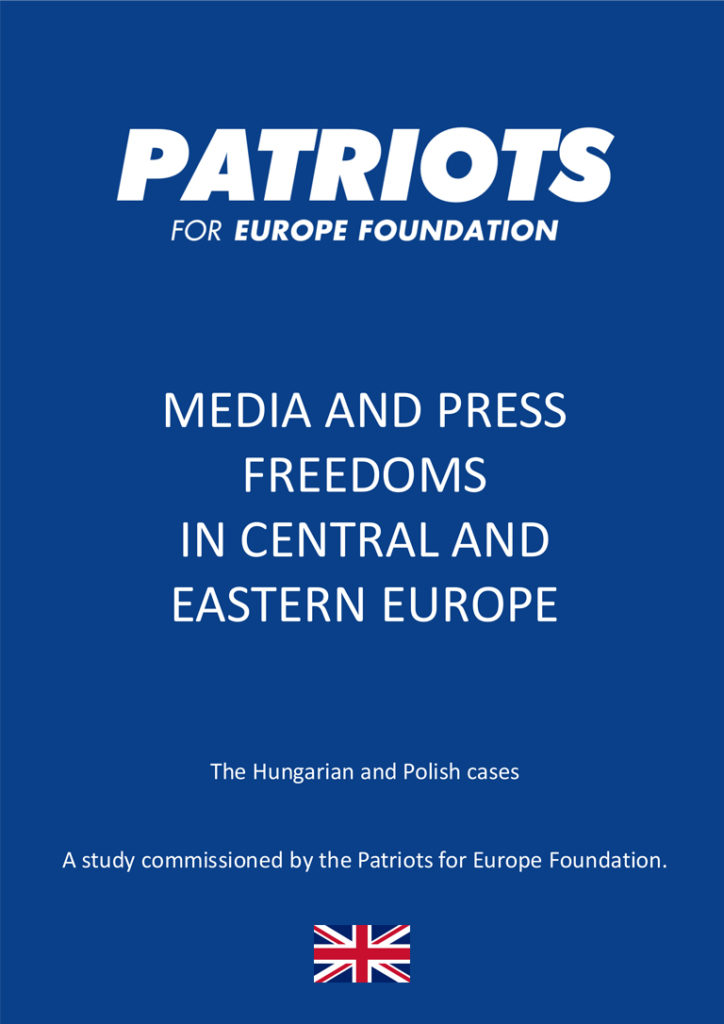
Media and press freedoms in central and eastern Europe
Since the return of Viktor Orbán to power in 2010 and the victory of the Law and Justice Party (PiS) in 2015, Hungary and Poland have been regularly criticised by Western media and governments, European institutions and non-governmental organisations over press freedom. In these countries, press freedom is said to be at risk. The assertion is that the political authorities exercise a significant degree of influence over the media, effectively controlling it.
Faced with this constant and increasingly severe criticism, Hungary and Poland are adopting a unified stance. They argue that they share a common destiny and a taste for freedom that was forged under the yoke of communism for almost half a century. Hungary and Poland are trying to defend their uniqueness and are happy to showcase their shared values. The roots of Polish-Hungarian friendship can be traced back to the 16th century, when the Jagiellon and Báthory families established ties, and further to the 1848 revolution and the anti-Soviet spirit of 1956. It is now being put to the test: the implementation of a mechanism linked to the rule of law is confirmed, a Media Freedom Act is expected to be presented by the European Commission in 2022, while the end of unanimous voting in the Council of the European Union is less and less a taboo subject.
Budapest and Warsaw doubled down on their solidarity and responded to the criticism with broadly similar arguments and lines of defence. This course of action has exposed a degree of internal division within the European Union and a lack of comprehension and assimilation of its own historical context. It is becoming evident that the primary obstacle confronting the European Union is the challenge of fostering harmonious coexistence between Western Europe and the post-Communist regions. However, the question remains whether the EU possesses both the will and the capacity to achieve this objective.
On the subject of freedom of the press, many slogans and invectives have been hurled on both sides. The media machines have gone into overdrive and the political establishments are having a field day in this conflict between Brussels, Budapest and Warsaw. Unfortunately, little credence is given to the real situation of the media in Hungary and Poland. The fact that Slovenia recently joined this ‘axis of evil’ should nevertheless encourage Western European journalists to try to understand the current divisions by studying the historical particularities of these countries. Very little effort is made in this direction, and Westerners’ understanding of post-Communist Europe remains extremely limited.

